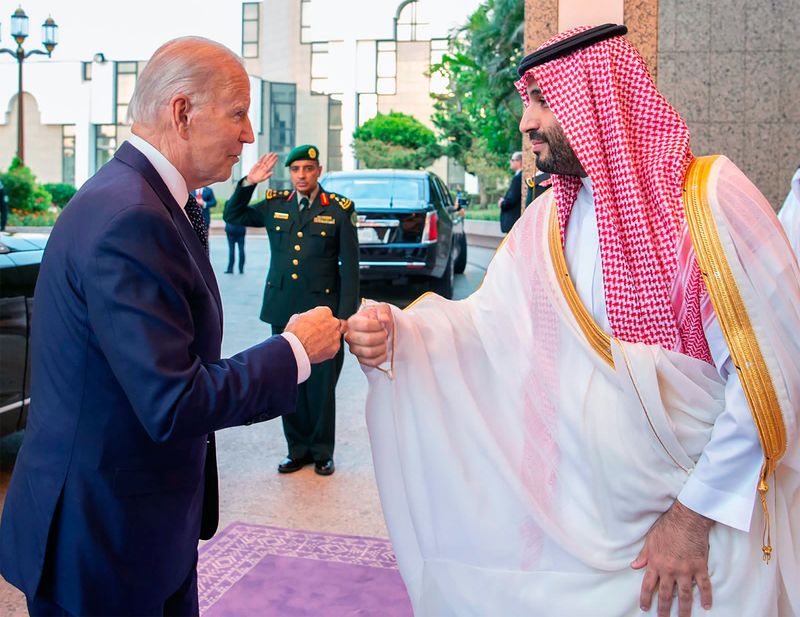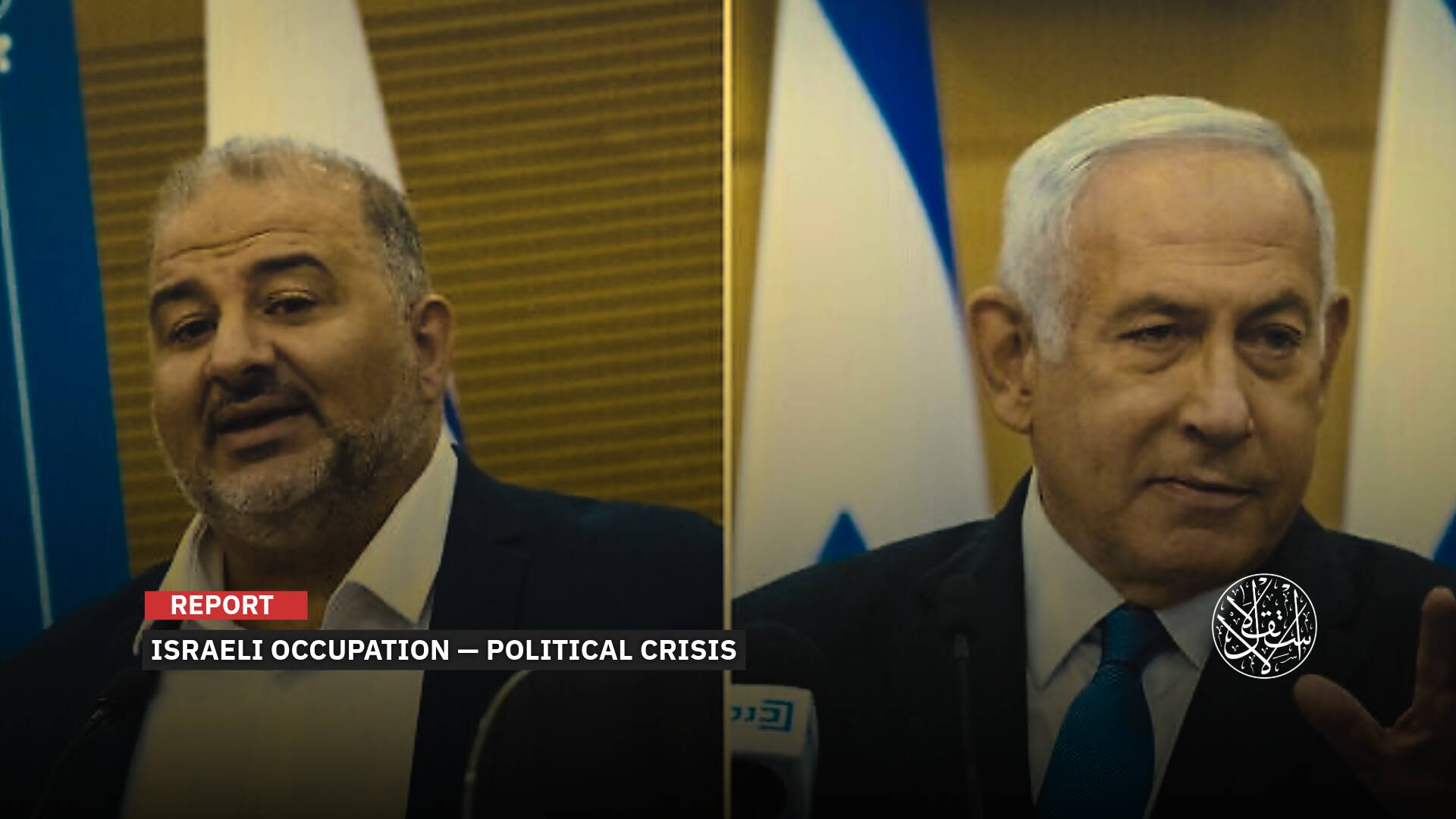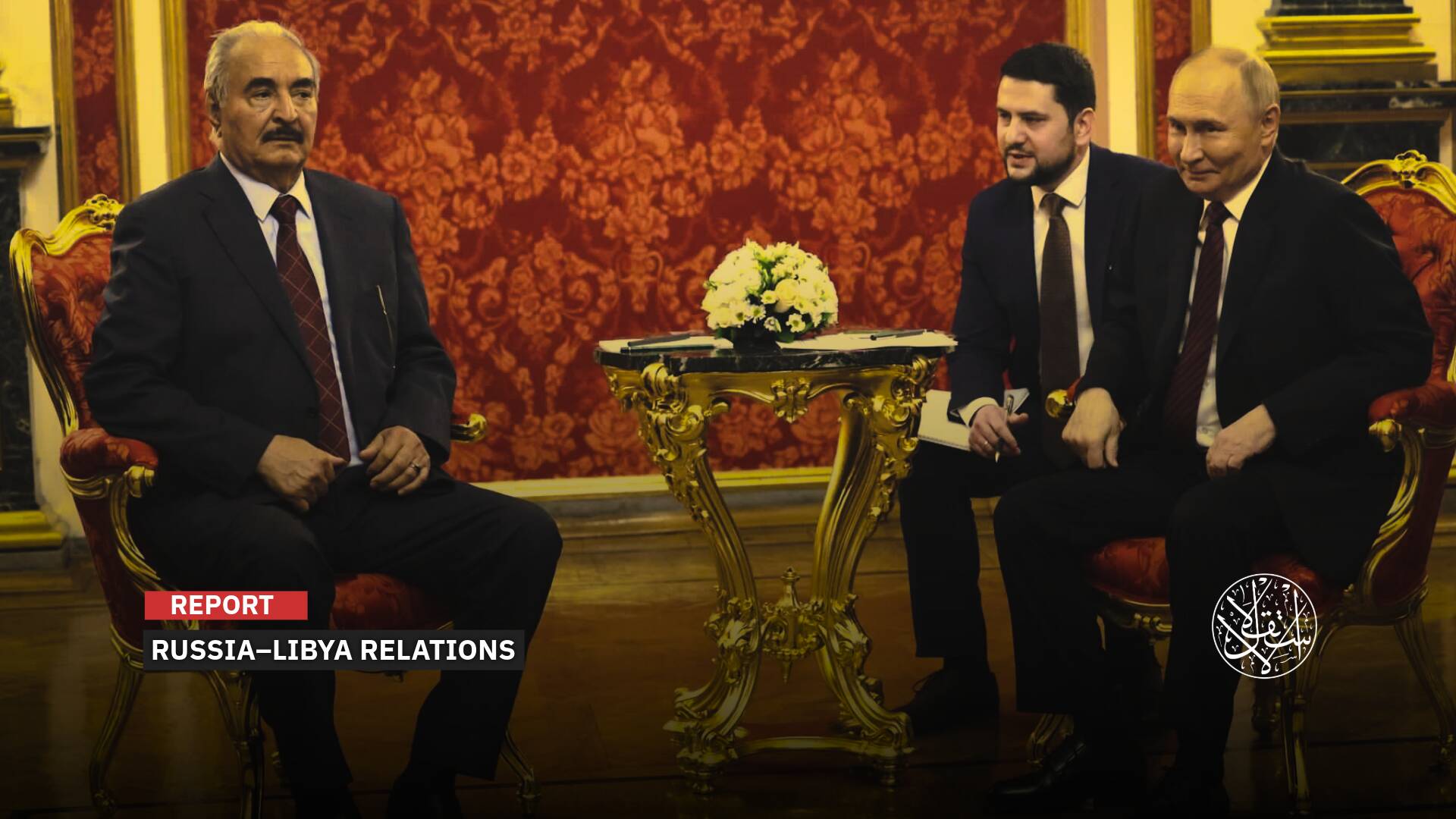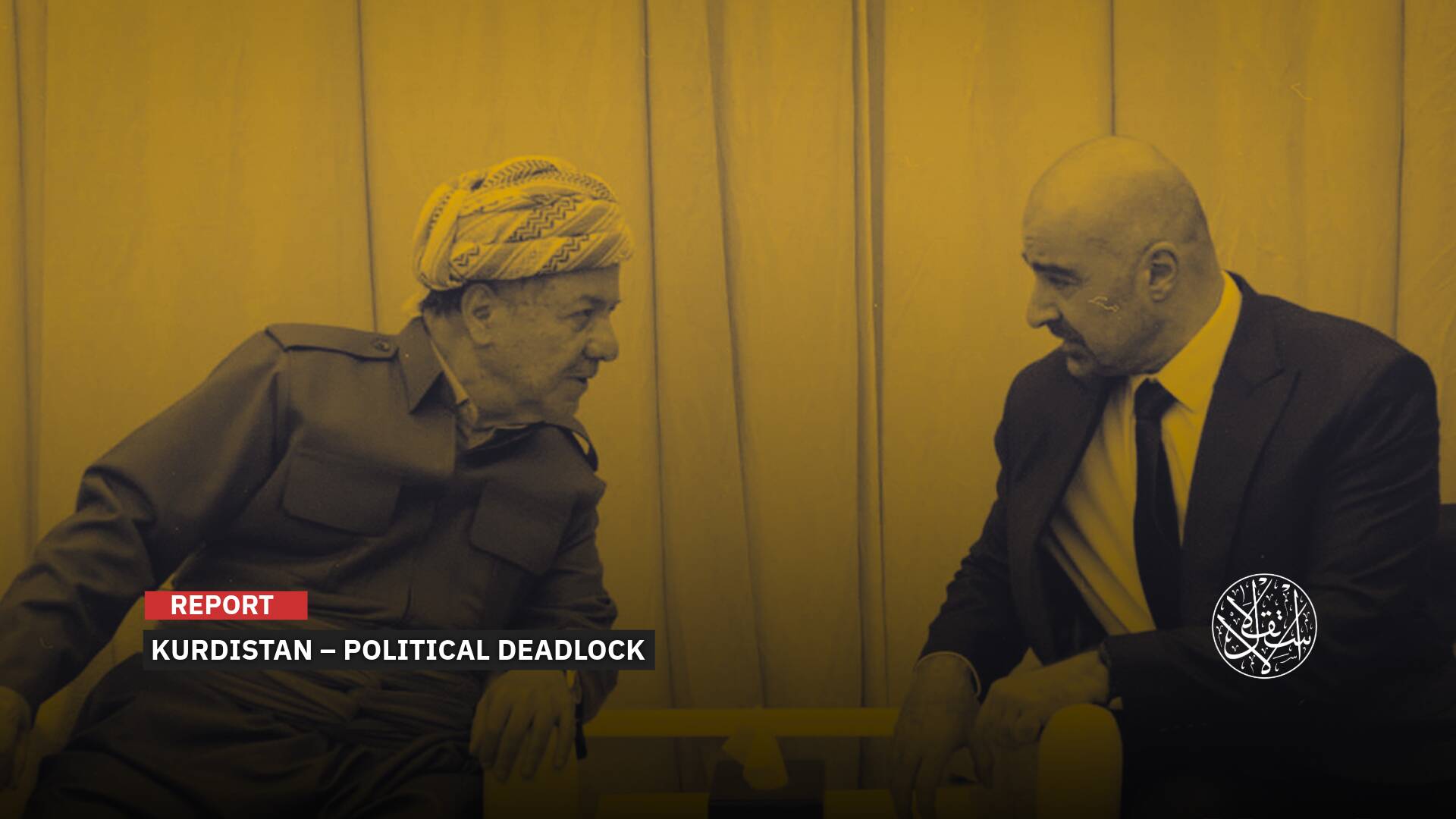How is the Gulf’s Money Expanding Throughout Europe?

Bloomberg published a report by three of its correspondents, Ben Bartenstein, Dinesh Nair, and Archana Narayanan, highlighting the amount of investment gulf sovereign funds pump into a number of global transactions around the world, and the scarcity of cash, giving Middle Eastern leaders greater political influence.
The report begins by noting that when cash evaporated from global markets in 2008, wealthier Gulf ruling families took the initiative to acquire everything from stakes and shares in Western banks, such as Citigroup, to the capture of spoils such as Manchester City Football Club, the Harrods store, and apparently repeating it again for the time being.
Liquidity Crisis
The report shows that the Gulf's largest sovereign funds, which control assets estimated at more than $3 trillion, are currently pumping billions of dollars into global transactions and acting as "last resort financiers" for companies as markets fluctuate.
In more than a decade, since the 2008 financial crisis, the abundance of cheap money (which can be borrowed at a very low interest rate) and the ability to reach investors have meant that companies do not really have to turn to the Gulf.
But as sources of financing begin to dry up, global companies are begging oil-rich countries in the Gulf region again, giving them the opportunity to pick as they please, as well as accelerate the transition in the strategy to diversify sources of income away from dependence on oil.
The report indicates that bankers from New York to London and Singapore are looking for Gulf funds to make major deals around the world. An informed person reported that a U.S.-based investment bank is promoting one of the Gulf's largest portfolio managers to invest in a $20 billion deal.
A senior executive at one of the world's largest investment companies says to Bloomberg: "There is a lot of money coming from the Middle East that is pumping more into the market than before."
According to data compiled by Bloomberg, the Gulf's largest sovereign wealth funds have been involved in acquisitions valued at least $28.6 billion outside the Middle East and Africa this year, revealing that this is the largest in any similar period on record, increasing by 45% compared to the same period in 2021.

Wide Possession
The report notes that in the past few months alone, Gulf funds have emerged in takeover talks, from Fortress Investment Group, based in New York, to the purchase of stakes in Klarna, the giant of the "Buy Now, Pay Later" industry, to Aston Martin Lagonda Global Holdings, a British car industry giant.
Although Gulf sovereign funds have historically looked for attractive opportunities in times of volatility and low valuations, the main difference this time is the shift towards sectors such as technology and health care, supported by private equity firms, and using their relationships with large entities to make more direct deals.
"Sovereign wealth funds in the Gulf have become more sophisticated in their investment strategy, maintaining broad global relations, while the current global market conditions support the rise of Gulf sovereign funds, as their oil surplus can be quickly mobilized, and transactions involving Gulf funds help diversify the economy away from long-term dependence on oil, and provide international sources of income," said Ayham Kamel, Head of Middle East and North Africa at Eurasia Political Risk Advisory Group.

The report notes that Royal Group Abu Dhabi, a group of companies run by Tahnon bin Zayed, the UAE's national security adviser, has emerged as one of these companies for deal makers, private jet owners. Royal Group has allocated funds to a new fund set up by Rajeev Misra, CEO of SoftBank Investment Advisers, while investing alongside a number of billionaires, such as Gautam Adani, the Indian industry giant, and Colombian banker Jaime Gilinski.
Mubadala Development Company, headed by Abu Dhabi Governor Mohammed bin Zayed (and UAE President), has invested money in the German insurance technology company wefox and has agreed to buy Swedish insurance company Envirotainer AB specialized in medical shipping, as well as talks to acquire Fortress Investment Group.
Other deals include a $4.4 billion investment in Vodafone by Emirates Telecommunications Company, while the Abu Dhabi Investment Authority has collaborated with Global Infrastructure Partners to buy a German train rental company for $7.4 billion, the report said.
State-backed investment firms in Saudi Arabia, Qatar and Kuwait have also received their share of these investments, with the Riyadh Public Investment Fund increasing its stake in British carmaker Aston Martin, while Qatar Investment Authority is exploring the possibility of deals in the blockchain technology market, and the Kuwait Investment Authority is looking to make real estate deals.
"Sovereign wealth funds not only target Western companies, but also throw their nets wider, with more investment in China, India, Singapore and other regions," says Javier Capapé, director of sovereign wealth research at Spain's IE University.












